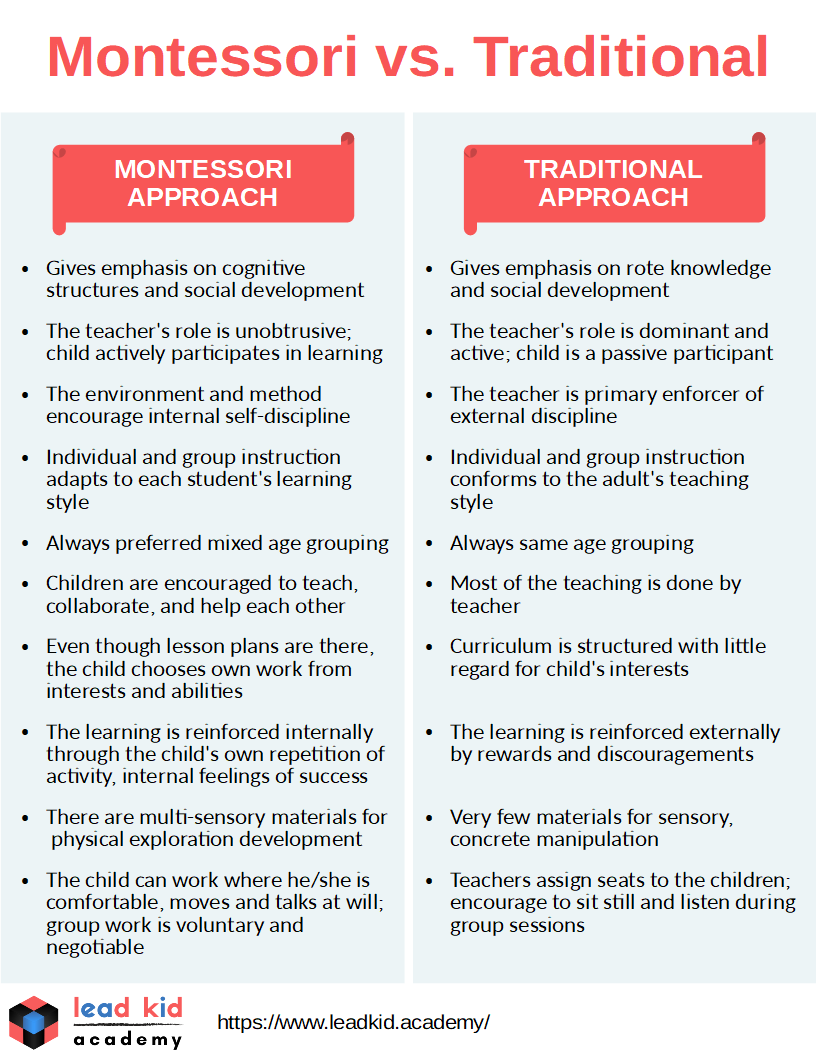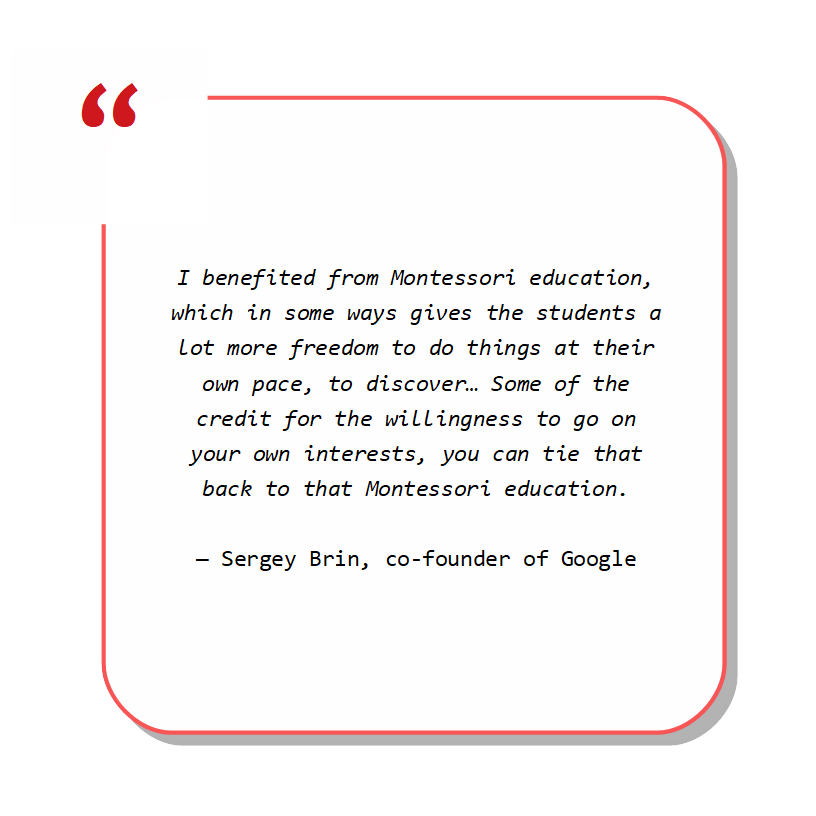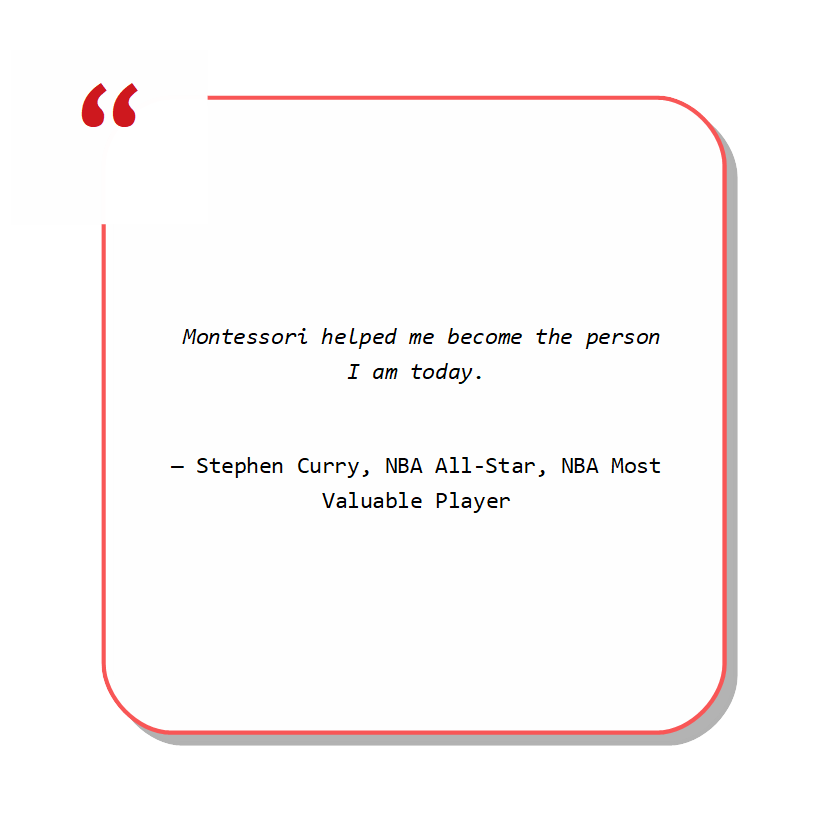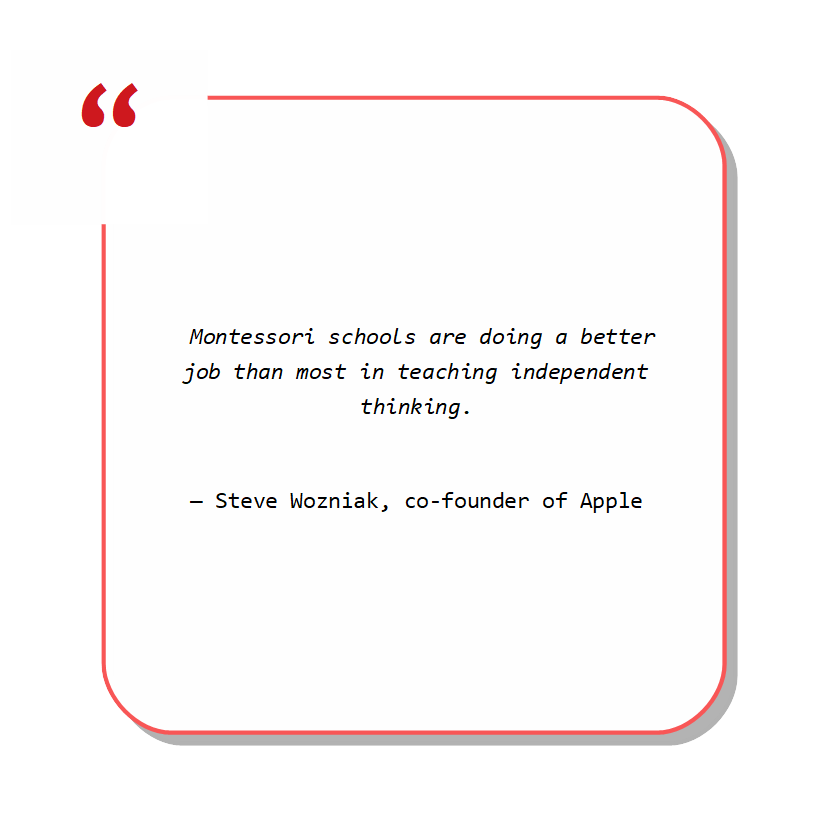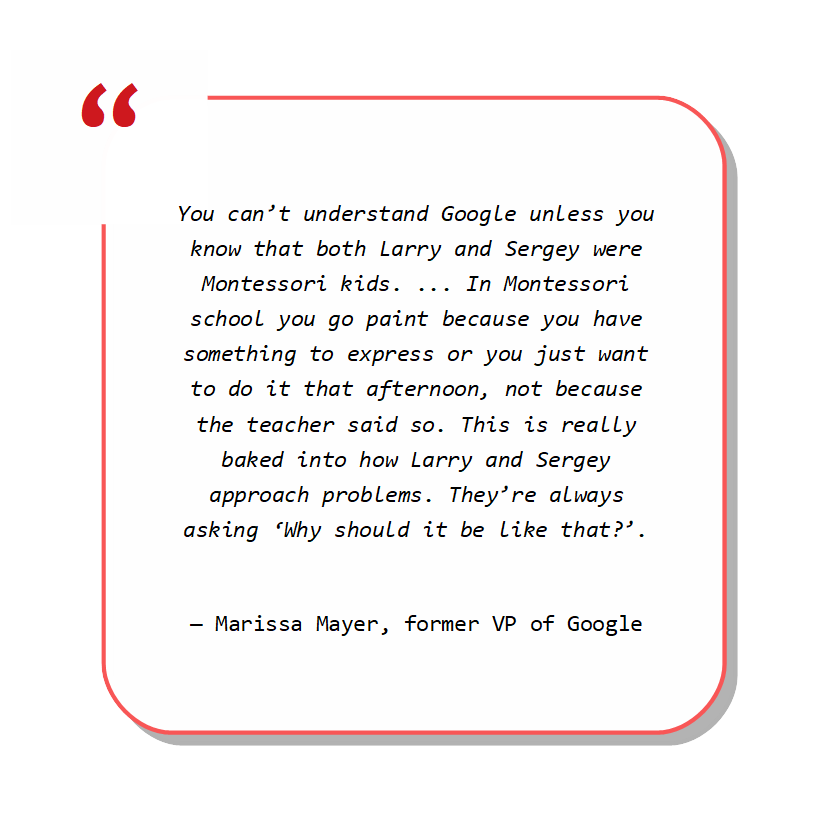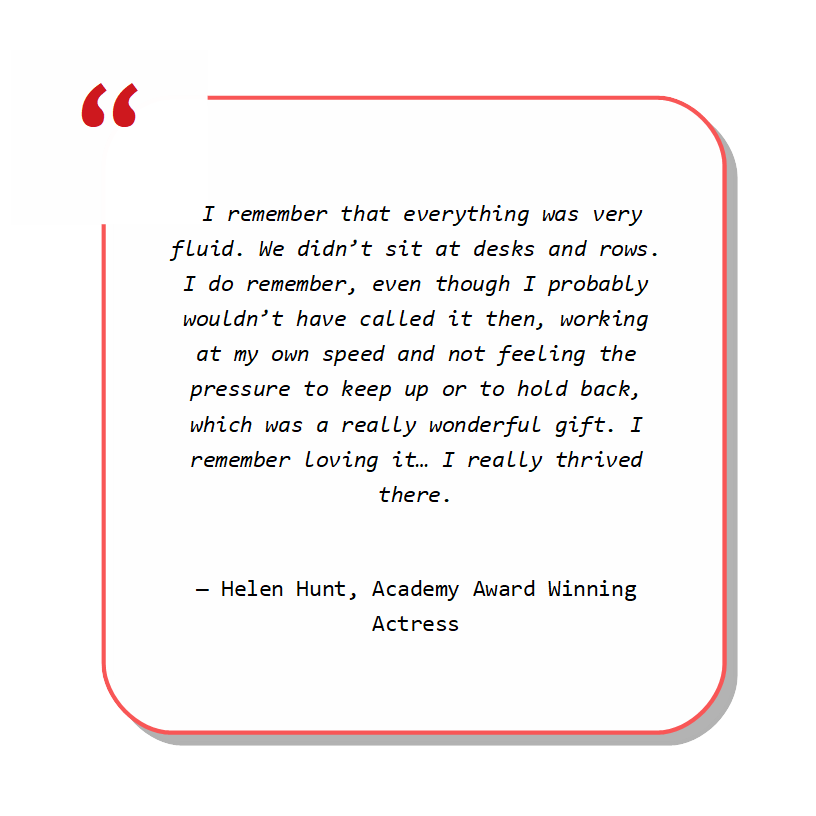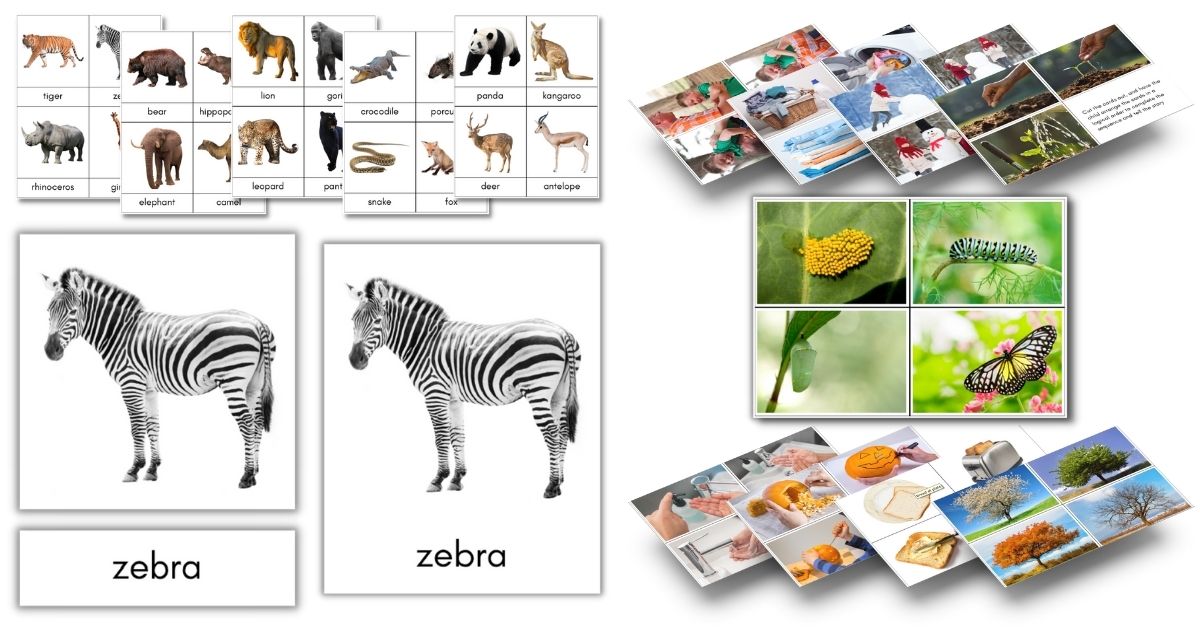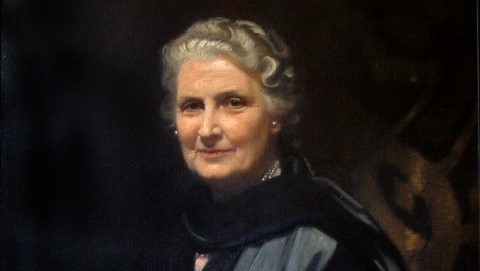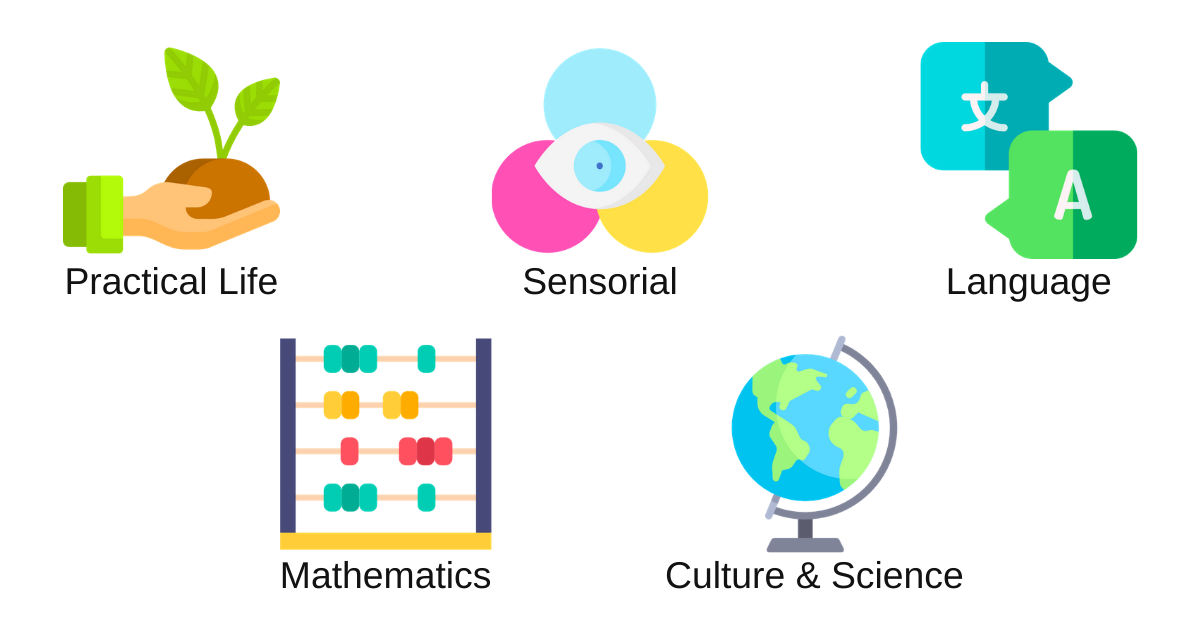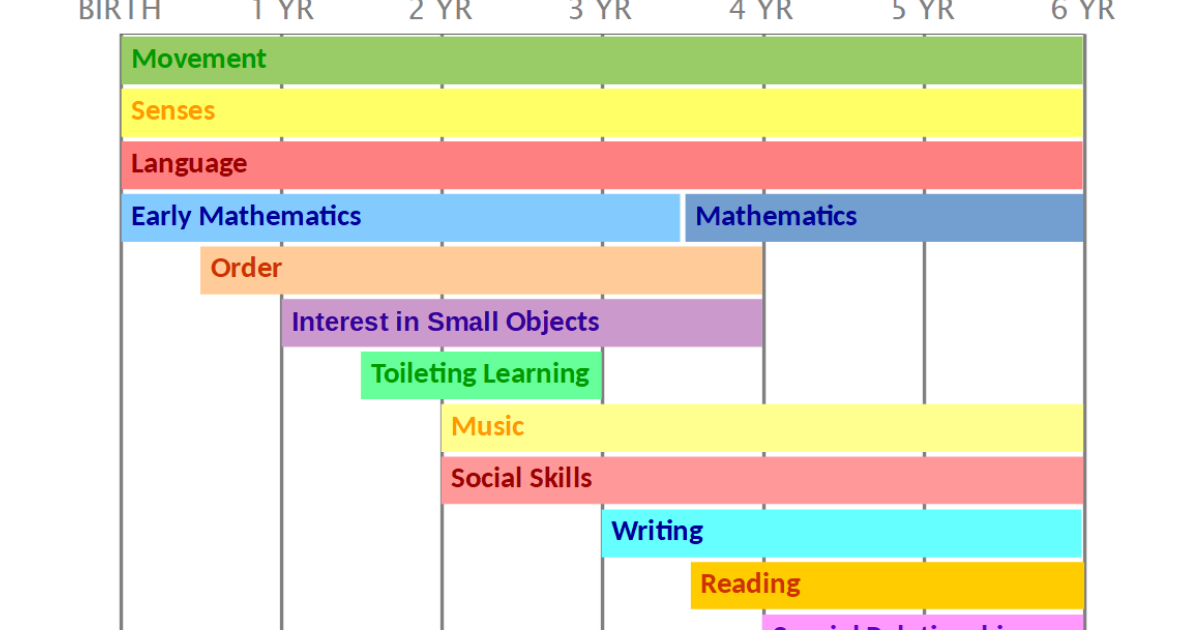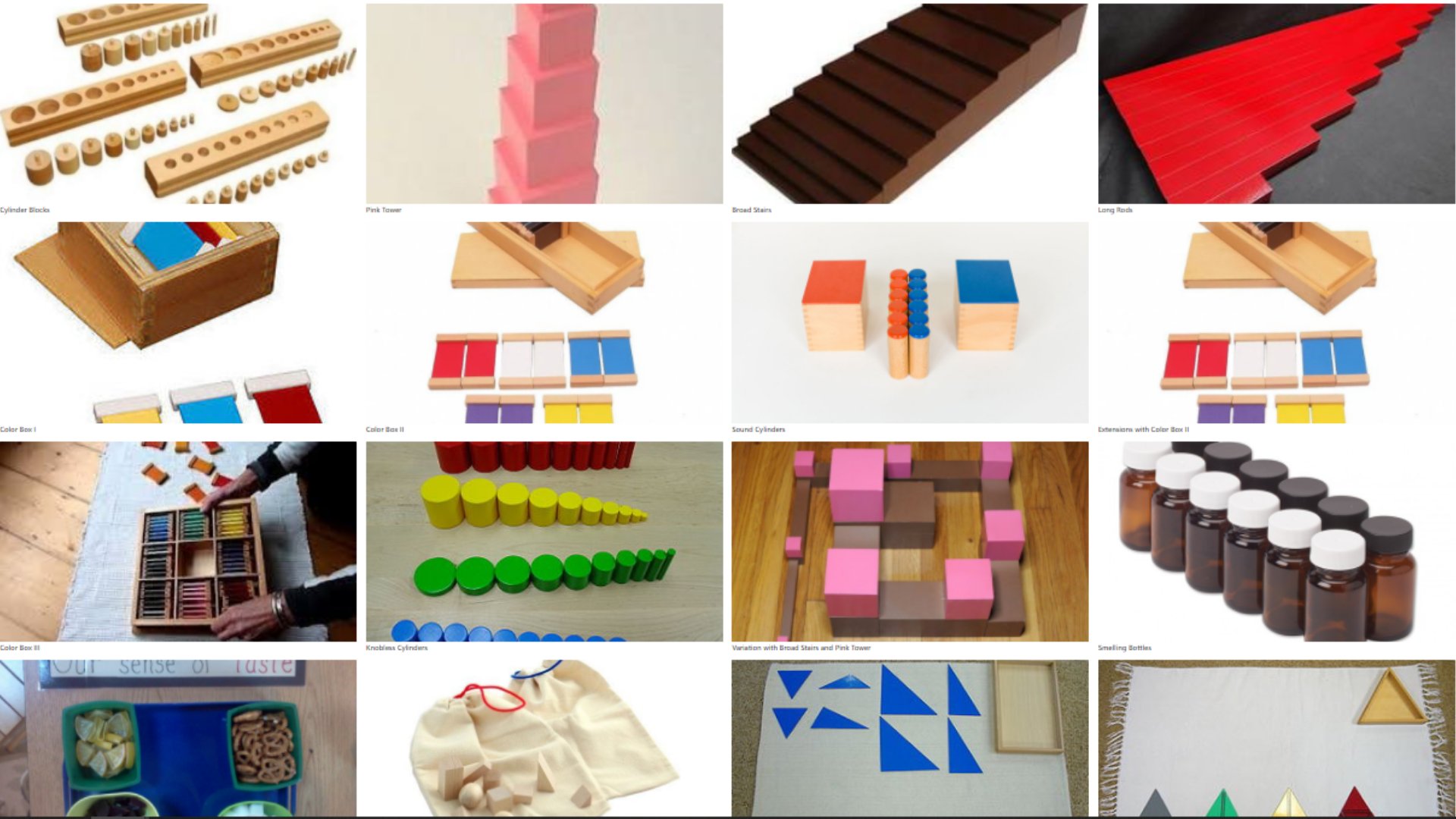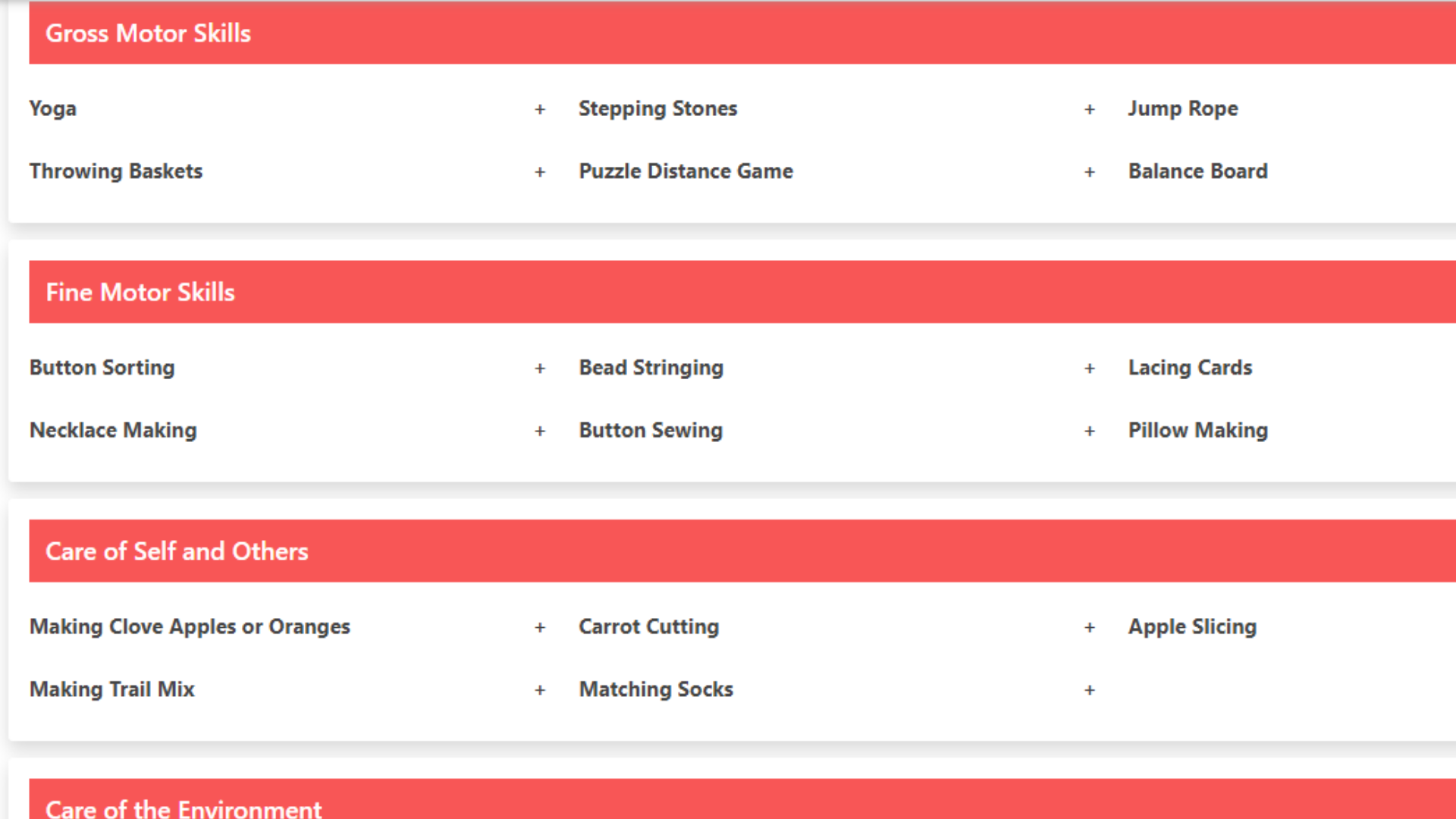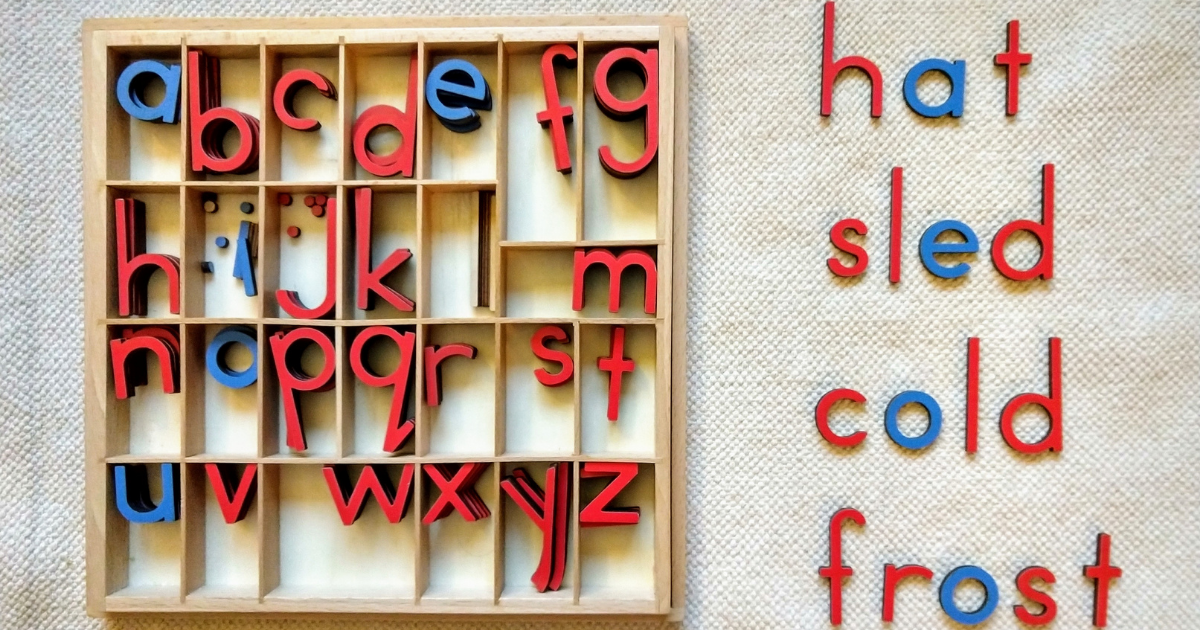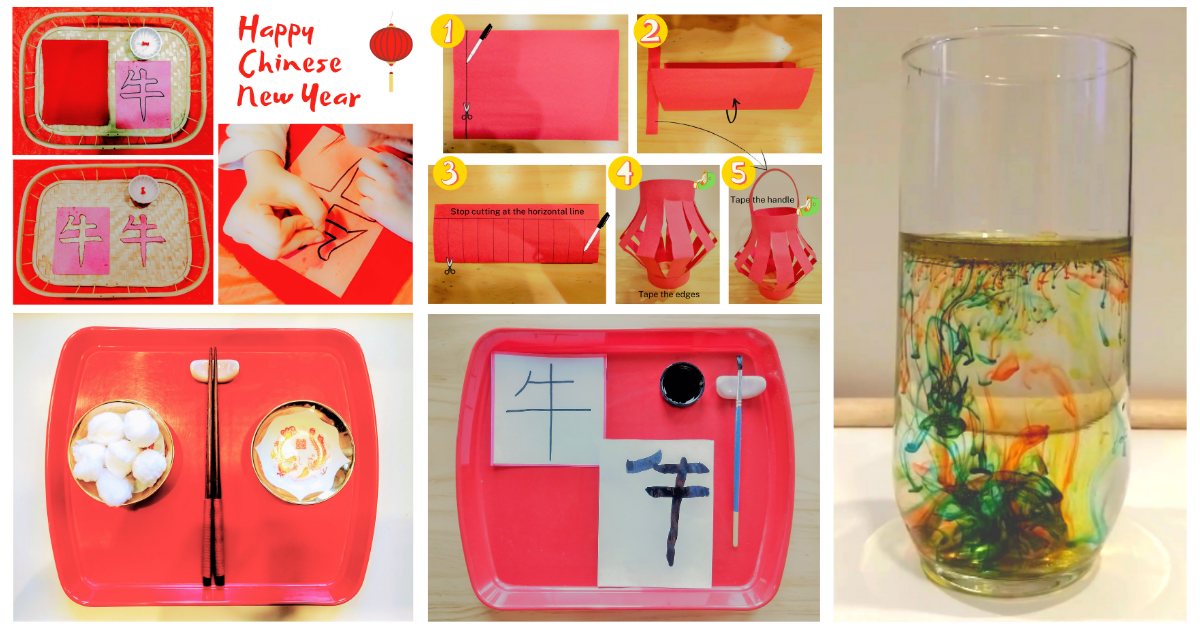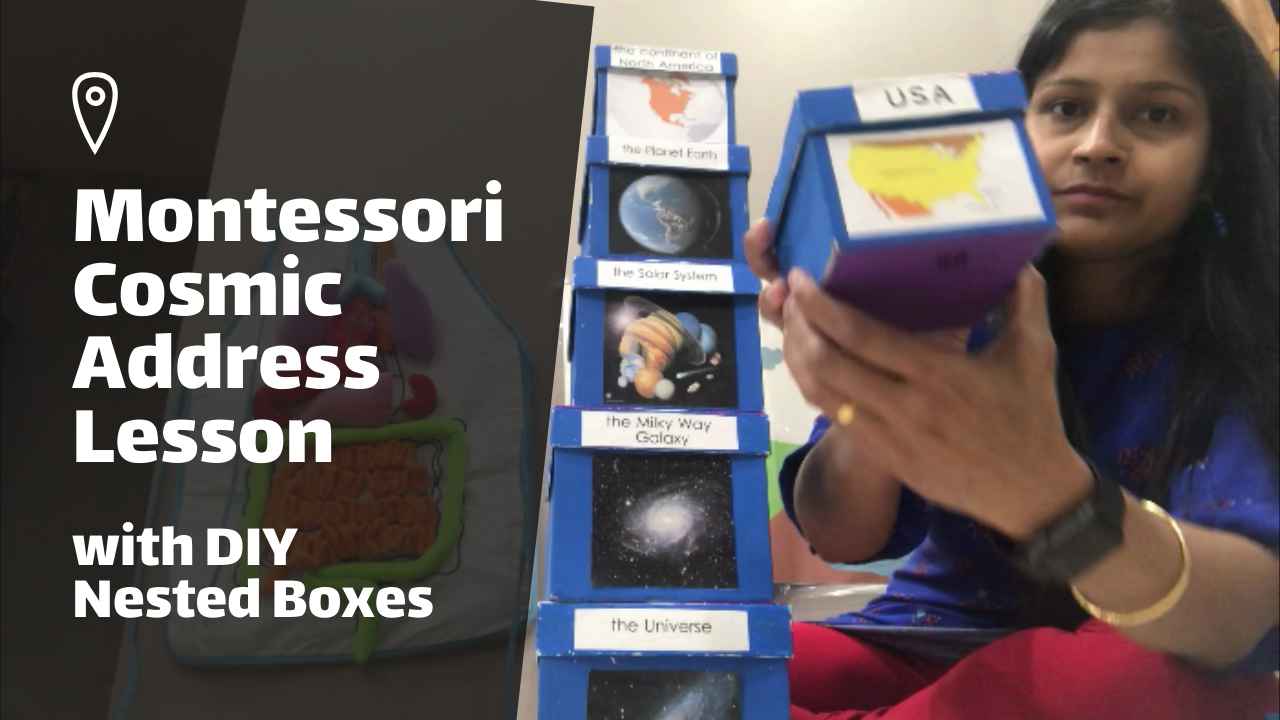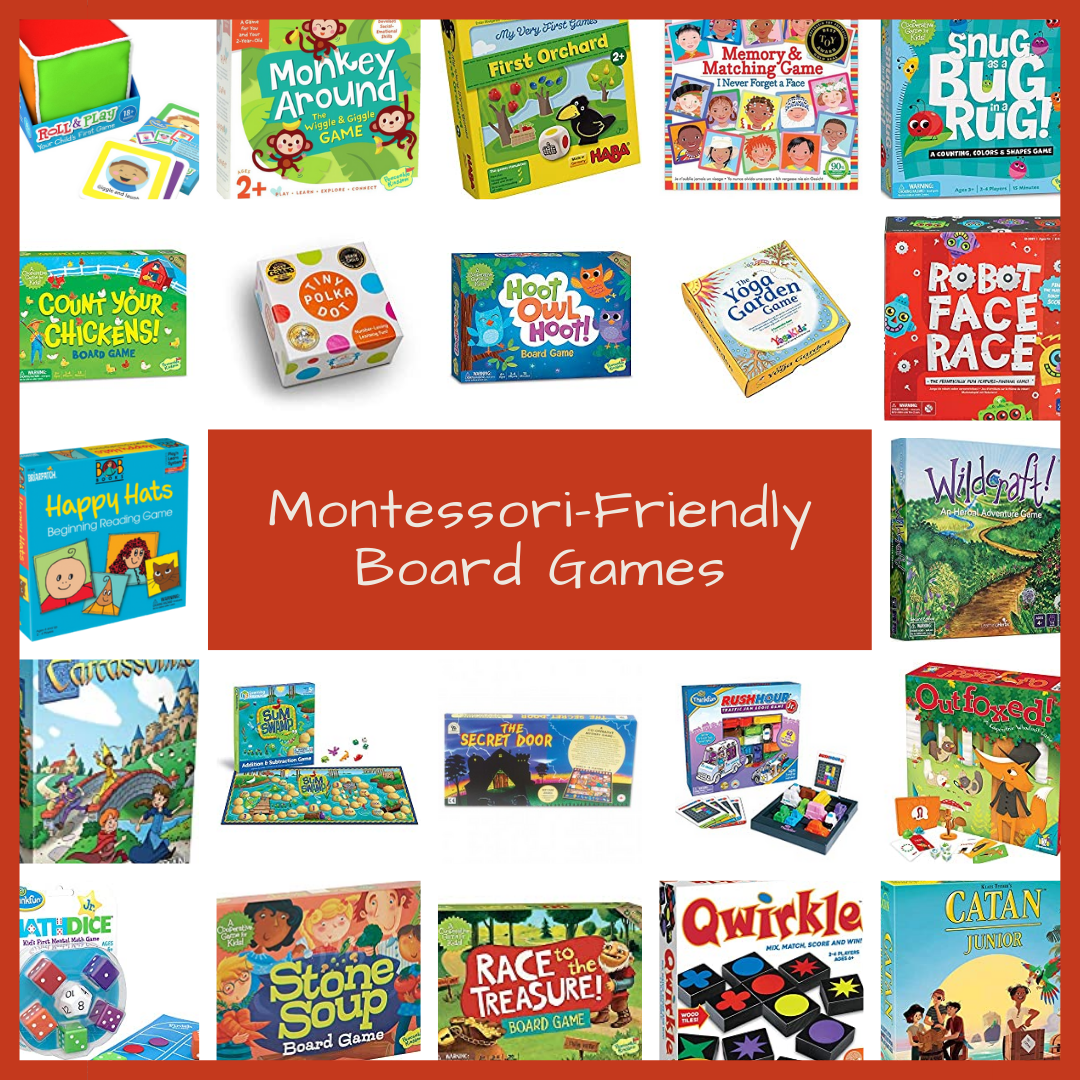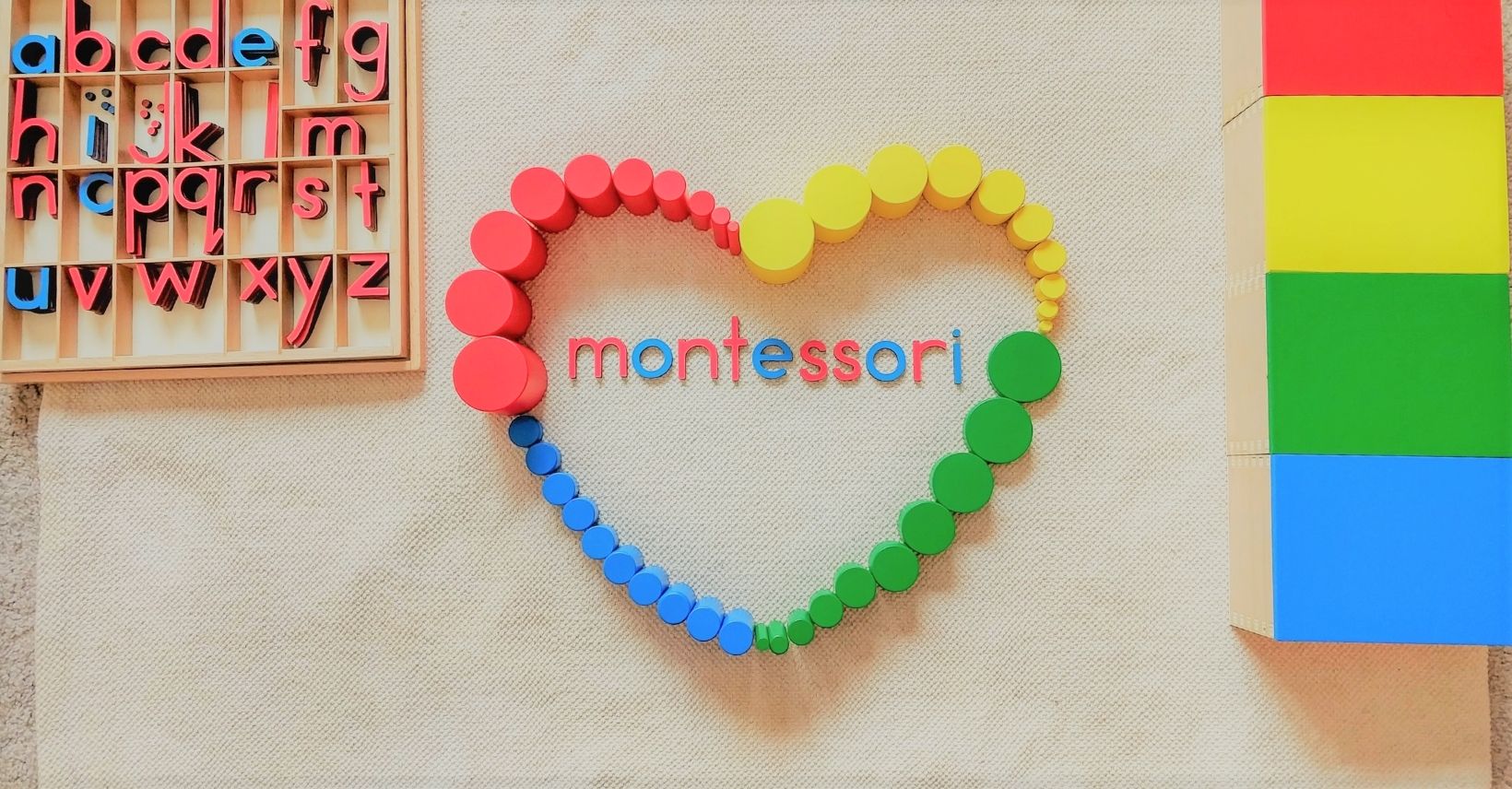What Is Montessori?
Montessori is a child-centered educational approach, developed by Dr. Maria Montessori (a physician and educator) based on scientific observations of children’s learning processes. Montessori has been used and proven around the world over a century, and supported by modern neuroscience and brain research.
The Montessori method is concerned foremost with reaching full human potential in all areas of development - cognitive, emotional, social, and physical. Montessori’s basic principle is to “follow the child”, recognizing every child develops at a different rate, and carefully preparing learning environment to fit the specific needs of each child’s stage of development. Children learn at their own pace, according to their own choice of activities, and through the “auto-didactic”, or “self-correcting” Montessori materials, leading to concentration, independence, self-discovery, and a life-long love of learning.

Montessori vs. Traditional
Montessori Approach
- Gives emphasis on cognitive structures and social development
- The teacher’s role is unobtrusive; child actively participates in learning
- The environment and method encourage internal self-discipline
- Individual and group instruction adapts to each student’s learning style
- Always preferred mixed age grouping
- Children are encouraged to teach, collaborate, and help each other
- Even though lesson plans are there, the child chooses own work from interests and abilities
- The learning is reinforced internally through the child’s own repetition of activity, internal feelings of success
- There are multi-sensory materials for physical exploration development
- The child can work where he/she is comfortable, moves and talks at will; group work is voluntary and negotiable
Traditional Approach
- Gives emphasis on rote knowledge and social development
- The teacher’s role is dominant and active; child is a passive participant
- The teacher is primary enforcer of external discipline
- Individual and group instruction conforms to the adult’s teaching style
- Always same age grouping
- Most of the teaching is done by teacher
- Curriculum is structured with little regard for child’s interests
- The learning is reinforced externally by rewards and discouragements
- Very few materials for sensory, concrete manipulation
- Teachers assign seats to the children; encourage to sit still and listen during group sessions
Notable Montessori People
Montessori Alumni
- Larry Page and Sergey Brin – Founders of Google
- Jeff Bezos – Founder of Amazon
- Gabriel Garcia Marquez – Nobel Prize winner for Literature
- Yo-Yo Ma – Cellist, winner of 15 Grammy Awards
- Taylor Swift – Grammy Award-winning singer/songwriter
- Stephen Curry – NBA All-Star, NBA Most Valuable Player
- Will Wright – Video game designer
- Helen Keller – Political activist, author, lecturer
- Prince William, Prince Harry, and Prince George – English Royal Family
- Chelsea Clinton – Daughter of former U.S. President Bill Clinton
Montessori Supporters
- Alexander Graham Bell, who invented the first practical telephone, helped create the first Montessori school in Canada.
- Thomas Edison, inventor of the incandescent light bulb, kickstarted four Montessori schools.
- Princess Diana began her career working at a Montessori nursery school.
- Former President Barack Obama vocalized his support of Montessori Programs during the White House Summit on Early Education, funding to bring high quality public Montessori to more children.
